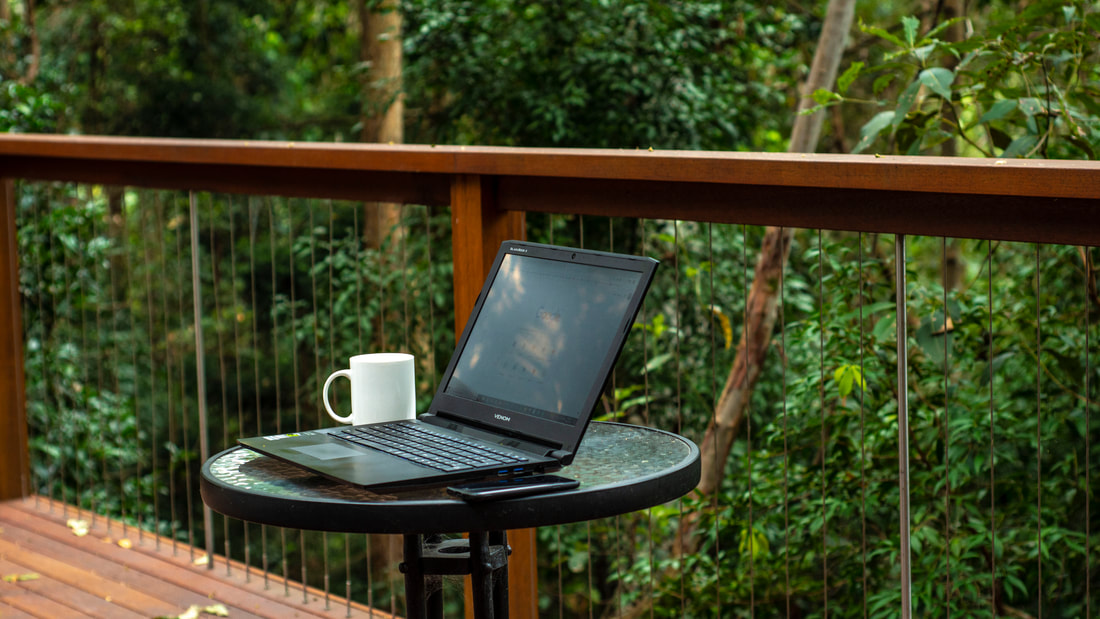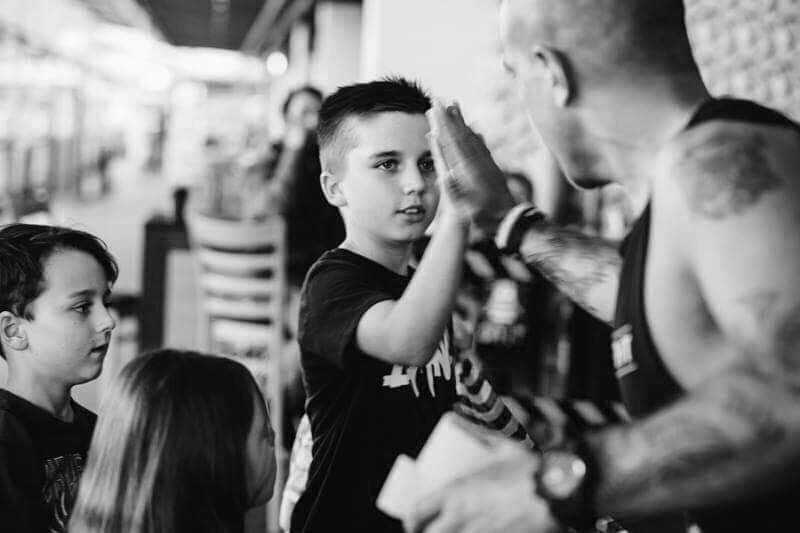|
We live in an age where everyone’s able to ‘communicate’, and I use the term loosely, with one another across the globe with more ease than at any time in the history of the world. We also live in a time of unprecedented stress, anxiety and feelings of disconnection.
Why then, in a world that is “flat and hyper-connected” are we feeling more and more isolated and out of touch with ourselves and the world around us? Michael Pollan, in his docuseries ‘Cooked’ explains how the traditional way of baking bread created a nutritious staple that for thousands of years provided sustenance to many. Hijacked by efficiency, profit and the mass-market, ‘white bread’ came to be popular with the advent of Wonderbread. This highly processed, nutrient poor, very popular item took the place of the more traditional sourdough over time. We then re-introduced exogenous vitamins and minerals into it to boost its nutrition profile, creating a poor facsimile of what was already, originally, a formula for nutritious, tasty and healthy food. As society barrels towards the deification of ‘apps’, ‘insta-celebrity’ and smart phones, we are attempting simultaneously to reintroduce humanity to principles that we’ve done naturally for thousands of years. Mindfulness, time alone, wearable step counters, apps for meditation, apps to remind you to say hello to your mother, apps to connect you to people that need help. All of these are poor imitations of things we have been doing for time immemorial. We didn’t used to have constant stimulation, we operated in daylight hours, or by firelight. We didn’t watch TV constantly. We wouldn’t simply ‘post’ stories to the masses. We would become caretakers of myths and the songlines of people before us for the next generation and share stories with each other. We didn’t need ‘grounding’ we just played outside. We didn’t need an app to remind us to say hello to our neighbours, we engaged with them, cooked with them, ate with them, spoke with them. We didn’t need an electronic device on our wrist to count our steps, we simply walked where we needed to go. Communities and amenities were close, and ironically, communal. We didn’t need apps for meditation, because downtime was a natural occurrence. Seasons of the year allowed for variation in the kind of work we did, the environments we operated in and the challenges we faced together as a community. If we go back beyond the industrial age, ‘single parenting’ fades into irrelevance because the village community took responsibility for everyone in it. We are not more connected, we simply have an inappropriate amount of availability masquerading as connection. We aren’t creating environments that curate connection, we are promoting environments that curate attention. The problem with availability and isolation as a result of the industrialisation of human interactions will not be solved by an ‘app’. More niche variations on the deference of human interaction to screens will not improve our mental health or understanding of each other. The answer lies in taking responsibility for one another. Taking responsibility means taking the time to understand the challenges and opportunities faced by people outside of ourselves. Taking responsibility means an active engagement with the people and places around us. It means placing a priority on human connection, not digital attention. Let’s not try and add the vitamins back into the white bread of human interaction, let’s take a moment to slow down and do things the way they have been done for the vast majority of human history, let’s take responsibility for one another, look after one another and of course, just be nice. If you wish to support our work bringing tangible support to communities and individuals in need, or need help with strategies and programs to look after those in your organisation, get in touch, become a partner, book a workshop or subscribe and be a part of changing the way people help people. What if supporting children made them lazy and dependent on help from others?
What if they only look for help and support because they want to avoid hard work and responsibility in the future? What if by helping, guiding, supporting and building up children we are only teaching them to be reliant on others, bludge and take no responsibility for themselves? Obviously this is ridiculous. We know that children need support and care, they need help, encouragement, love, food, education, shelter, safety, clothing, friends, activities to maximise their physical and mental capabilities and engaging moments. Why then, do we not simply remove the word 'children' and replace it with 'people'. People need support in various moments through their whole lives, support from loved ones, support from community, support from government institutions and safety nets, support from people they interact with. If you delay that environment for humans, if they grow up in disadvantage, in fear and without support, it can take longer to fill those gaps when they are older. Supporting people doesn't make them weak, it doesn't make them bludgers, it doesn't make them reliant on others. Supporting humans helps them to be the best they can be, and a world full of people being their very best is one we are constantly striving to create. We believe that everyone deserves comprehensive, long-term support, when they need it. Building an infrastructure that ensures everyone in need gets the opportunity to relevant and engaging employment, housing and good mental health outcomes, regardless of how they came to need help in the first place. Possibilities to live into, not expectations to live up to. Still, we need your help. Subscribe, support or get in touch to get involved in changing the way people and businesses help people. |
Just Be NiceA collection of articles relevant to pursuing the effective execution of altruism in the search for equality of opportunity. Archives
February 2020
Topics
All
|


 RSS Feed
RSS Feed